Summer tips
Tips for summer
Overheating
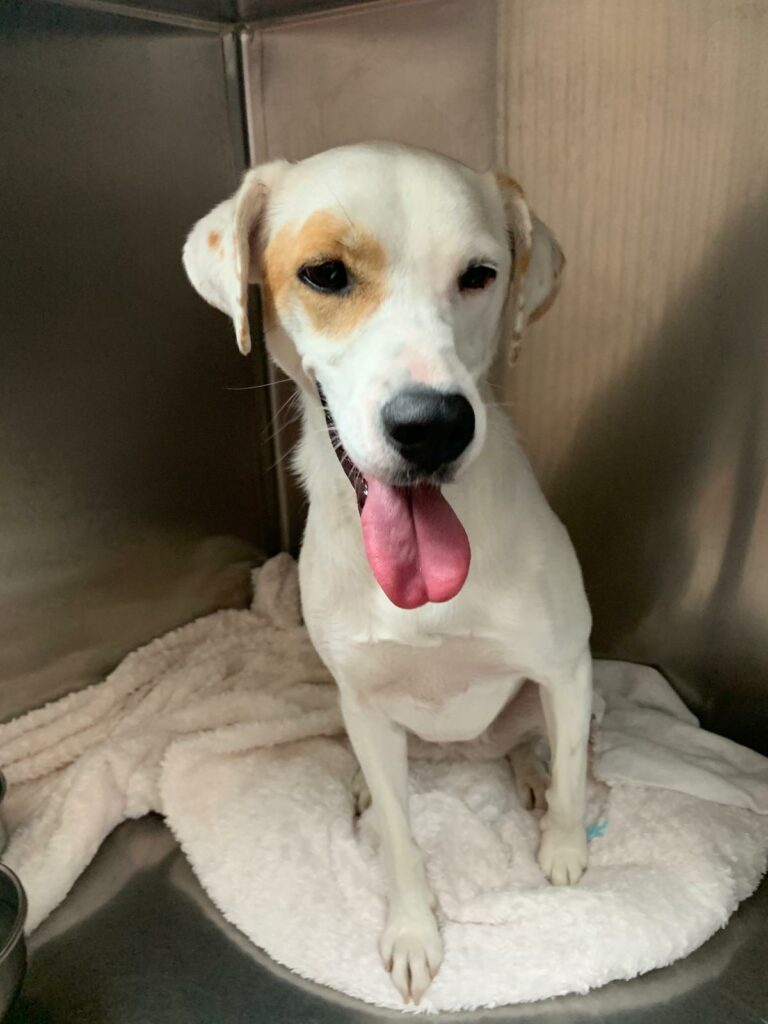
Dogs
Dogs do not sweat like humans and have fur that acts as an insulator. When warm, they pant and lose heat through the tongue and soles of their feet. Normal body temperature is between 38 and 39 degrees. When overheating, it goes over 40 degrees. At a body temperature of 42°C, blood becomes viscous and can no longer be pumped around properly. Organs are damaged and the dog may die.
What to do in case of overheating:
Cool the pads, groin and neck with a wet cloth. Dampen the cloth again and again, as a wet cloth left on the dog quickly takes on the animal's temperature and thus prevents cooling. Give small bits of water to drink. Never pour ice-cold water over your overheated animal, this can cause cardiac arrest.
Possible symptoms:
- Pant
- Red mucous membranes
- Drooling, drowsiness and possible vomiting
Cycling: above 15 degrees, no dog next to the bike.
Walking: Take your walks in the morning and evening. Avoid long afternoon walks. Asphalt temperatures can rise above 60 degrees at 30 degrees.
- A temp. of 40 degrees or higher;
- The ears are warmer than usual;
- Breathing with mouth open.
Cooling
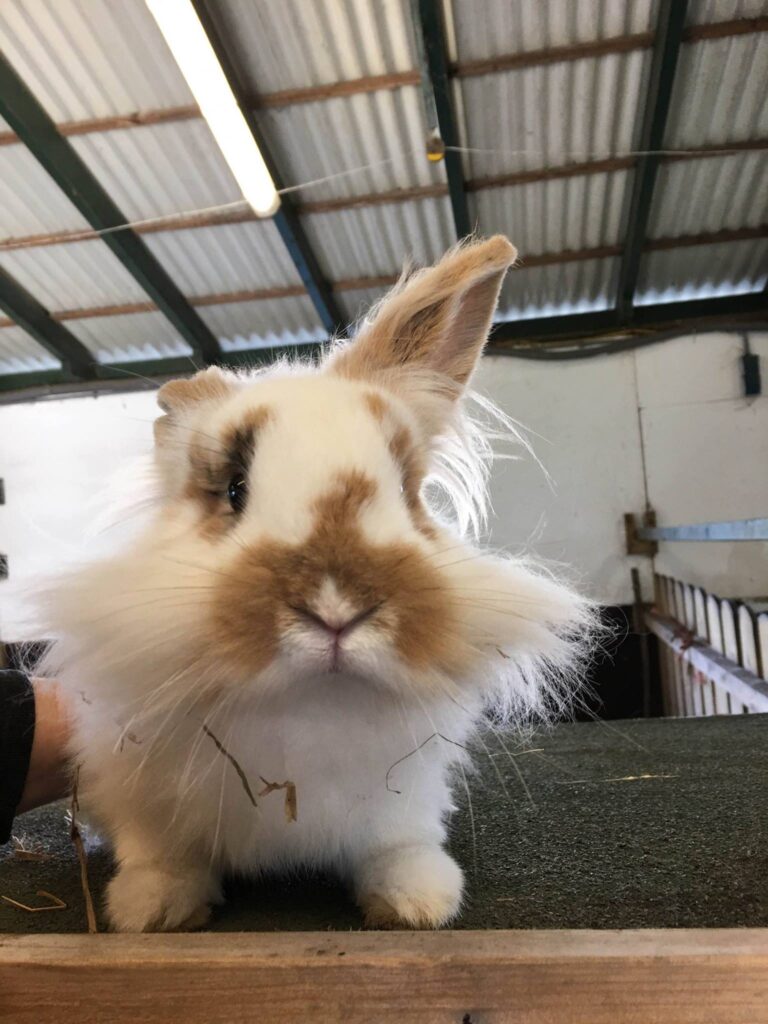
- Water;
- Shadow;
- Closed curtains;
- Mist spray/ shower/bath;
- Cooling elements;
- Air conditioning;
- Nutrition with moisture.
Dog in car
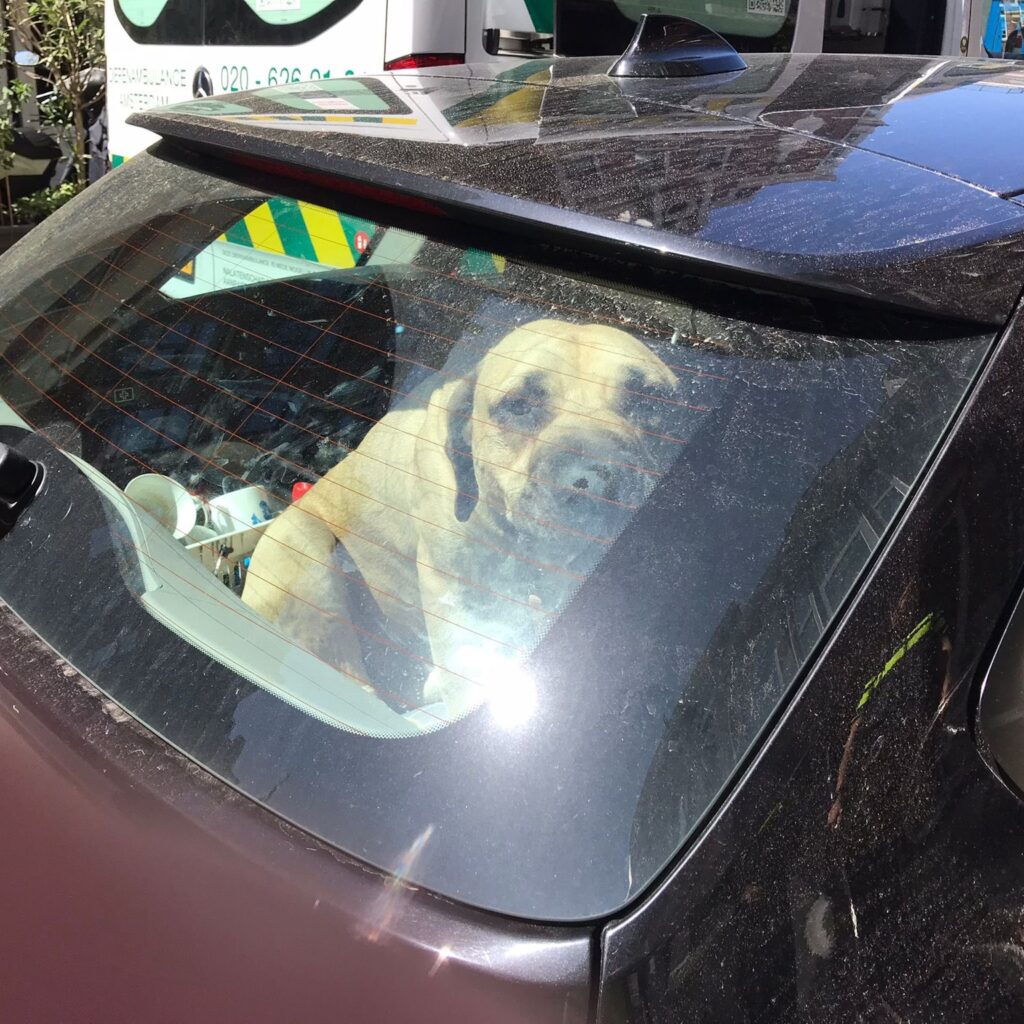
Leaving the window open makes no sense. In short: no dogs alone in cars and while driving: aircon on.
- From 15 degrees outside, it is already dangerous;
- At 20 degrees, it becomes 40 degrees in the car.
Litter
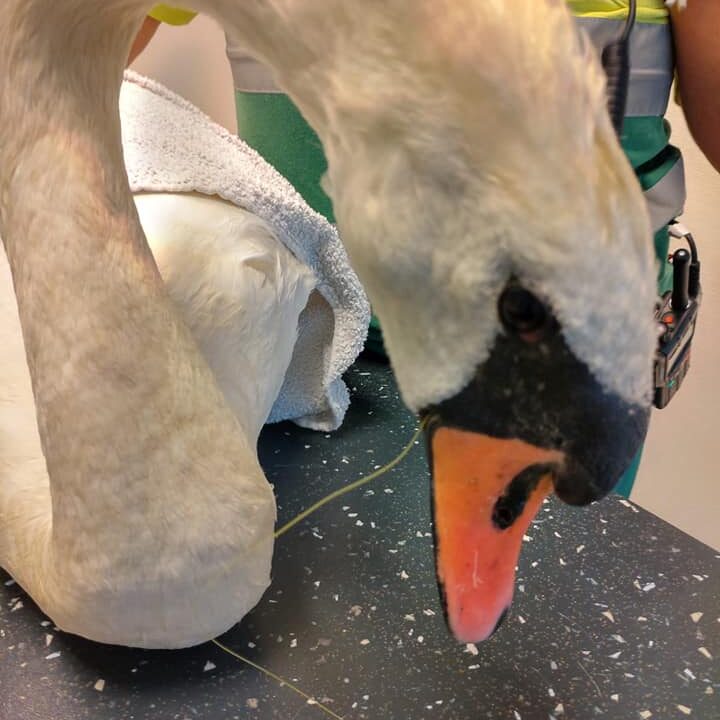
- Don't leave litter lying around;
- Clean up your BBQ. Dogs can bite into a skewer or hot cabbage;
- Don't leave your fishing gear in the wild.
Blauwalg
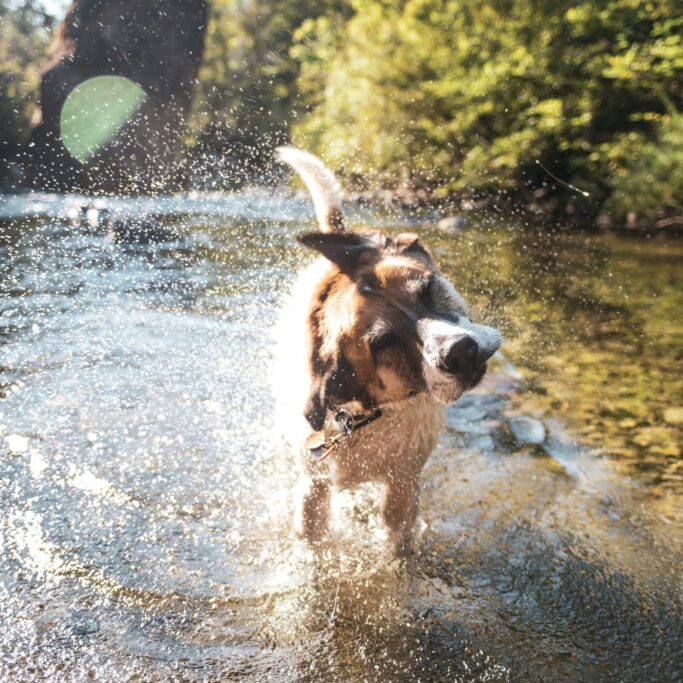
Blauwalgen zijn bacteriën die erg giftig kunnen zijn voor honden en de lever en het zenuwstelsel beschadigen. Blauwalg is voornamelijk te vinden in stilstaand water boven de 20 graden.
Het ziet eruit als een groene, roodbruine of bruingroene laag bovenop het water. Een hond kan het water opdrinken of tijdens het zwemmen binnenkrijgen. Ook onder andere vissen, katten en paarden kunnen hier ziek van worden.
- Sluggishness;
- Braken en diarree;
- Trillen;
- Blauwe slijmvliezen en geelzucht.
We can provide transport.
Botulism
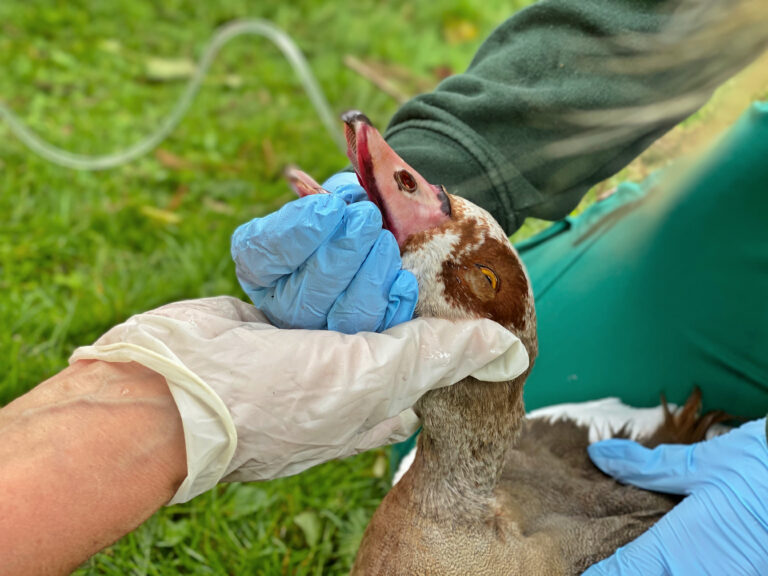
Possible symptoms, including:
- Paralysis symptoms;
- No longer able to fly or walk;
- Often make no sound anymore.
What can you do?
Calling us. By collecting sick birds, we not only increase the chances of survival, but also ensure that the water does not become (further) polluted, thus minimising further contamination. As soon as we find a botulism patient, we flush it on the spot and repeat this every half hour until arrival at the bird shelter. If we are on time, the bird's chance of survival is high.
Grasaar
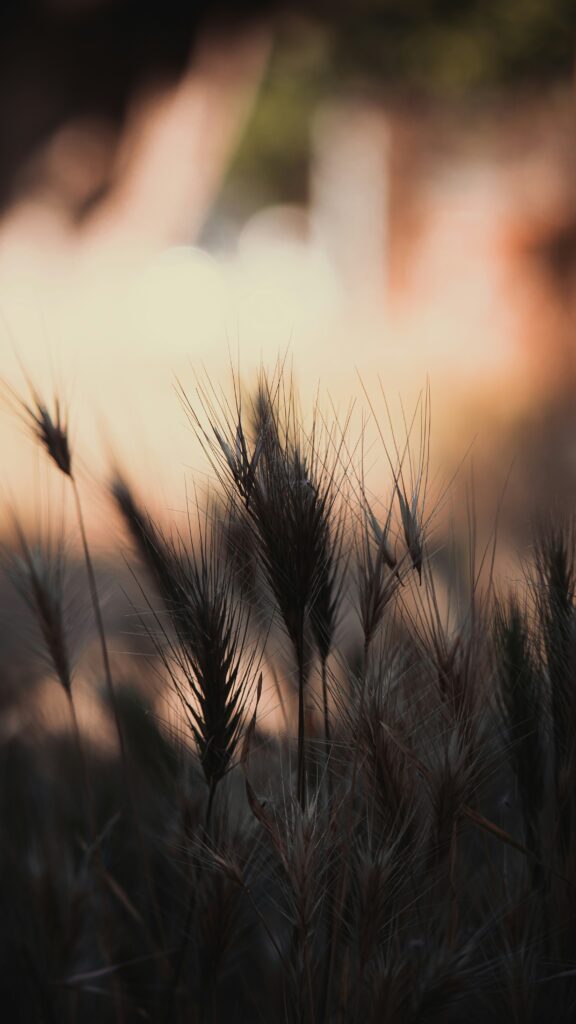
De grasaar is een harde pluim aan het uiteinde van een lange grasspriet die gevaarlijk kan zijn voor honden (en katten). Door weerhaakjes ‘kruipen’ de aren steeds dieper het lijf in. Ze komen er niet vanzelf uit en dit kan voor pijn, ontstekingen of erger zorgen. We komen ze onder andere in de neus, oren of tussen de tenen tegen.
Vermijd zoveel mogelijk velden met grasaren, controleer na een wandeling op grasaren en maai op tijd jouw eigen tuin. Als je er heel snel bij bent kun je de grasaar soms zelf nog verwijderen. In andere gevallen zul je zo snel mogelijk naar een dierenarts moeten gaan.
Mogelijke symptomen o.a.:
- Schudden met hoofd en/ of oren;
- Niezen;
- Mank lopen;
- Zwelling en/ of wond;
- Kokhalzen.
What can you do:
Vermoed je dat jouw dier een grasaar heeft binnengekregen? Bel je dierenarts.
We can provide transport.
Schaap op rug
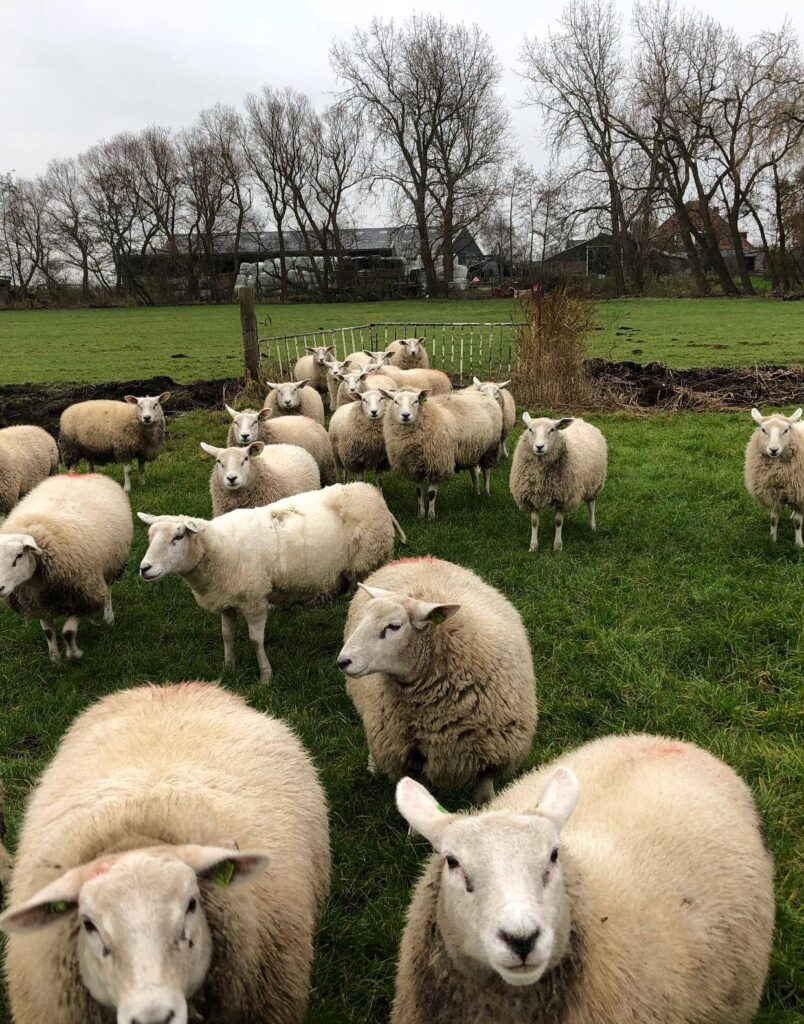
Het is gevaarlijk als een schaap op haar rug ligt. Door opstapeling van gas verdrukken de longen en kan ze stikken. Je kunt een omgevallen schaap niet zomaar omrollen, hierdoor kan een maagkanteling optreden met een mogelijke dood tot gevolg. Laat het schaap daarom eerst 30 seconden tegen jou aanleunen, zo gaat zuurstof naar de spieren en krijgen organen ruimte. Kantel een schaap nooit via haar zij. Blijf er even bij tot ze stopt met 'dronken' lopen. Ze moet binnen 10 minuten gaan grazen. Een schaap wat direct plast na het keren, heeft er lang gelegen.
What can you do:
- Je mag ons altijd bellen voor hulp;
- Ga op je knieën zitten en leg de kop van het schaap op je schoot;
- Pak de voorpoten vast en trek het schaap langzaam langs je lichaam omhoog tot ze op haar kont in ‘zithouding’ tegen jou aanzit (haar rug tegen jouw buik);
- Hou haar in deze positie 30 seconden stevig vast;
- Geef dan een zacht zetje naar voren.
Has your pet not yet been microchipped:
we chip and register
Yes, I give
... To the animals of Amsterdam
